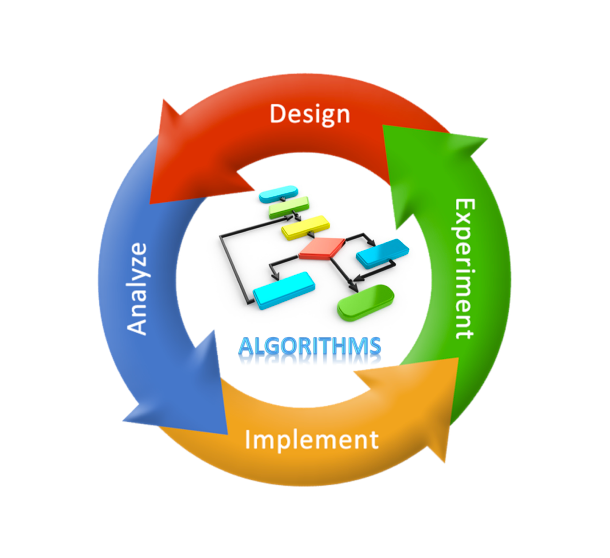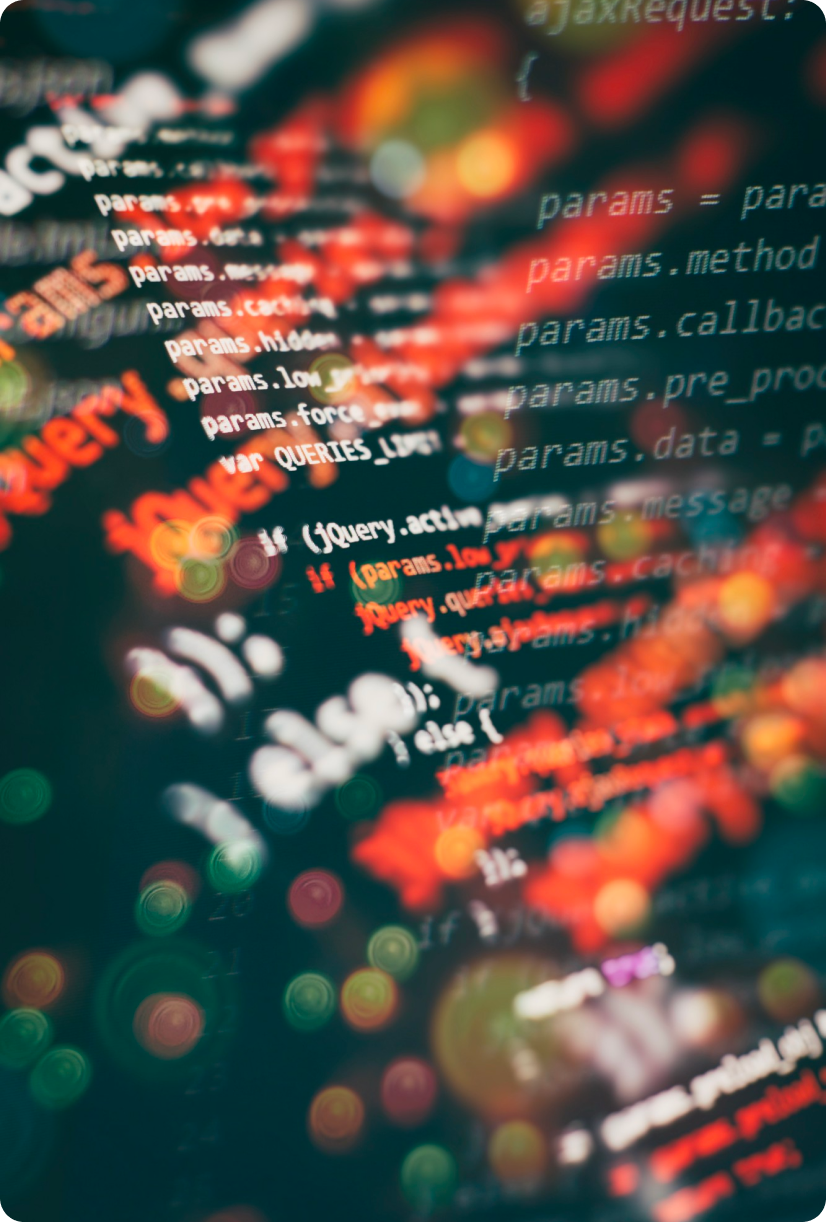
When I was looking for a teacher to help my daughter with physics a good friend recommended Tabrez sir. Initially she started with physics but really enjoyed his method of teaching so did Chemistry with him as well. He is a great teacher with a wonderful temperament. Very meticulous and thorough while teaching all the concepts, disciplined to get all the work done, patient to explain it again if the kids haven’t understood and makes sure that the kids are well prepared and confident before an exam. My son too has started classes with him and is doing well. Thank you sir for all your efforts and wish you the very best.
Aman studied Physics and Chem with Tabrez Chandiwala from Points for the IGCSE and has since chosen to study Chem HL at IB as well as continue tuitions with Tabrez. Our decision to continue tuitions with Tabrez for over 3 years is testament to our faith in his teaching. With his patient and supportive nature, Tabrez instilled in Aman a love for chemistry , His explanations were very clear and his teaching always very thorough. Further his process of testing ensured Aman developed an excellent work ethic, which will hold him in good stead at university. We thank Tabrez for all he has done to for Aman.
Over the past three years, my daughter has flourished at Points. The dedicated team consistently goes above and beyond to provide exceptional support, fostering a nurturing environment for her academic growth. Their personalized approach and commitment to excellence have greatly contributed to her success. I am truly grateful for the positive impact Points has had on my daughter's education.
We have no words to thank you'll for all that you'll did for Neel.
Each and everyone of you'll went out of your way to accommodate Neel and help him overcome his health issues and fears that he had developed
I wish you'll the very best and will come and thank you'll personally.
We are indebted to you'll for this.
When I was looking for a teacher to help my daughter with physics a good friend recommended Tabrez sir. Initially she started with physics but really enjoyed his method of teaching so did Chemistry with him as well. He is a great teacher with a wonderful temperament. Very meticulous and thorough while teaching all the concepts, disciplined to get all the work done, patient to explain it again if the kids haven’t understood and makes sure that the kids are well prepared and confident before an exam. My son too has started classes with him and is doing well. Thank you sir for all your efforts and wish you the very best.
Aman studied Physics and Chem with Tabrez Chandiwala from Points for the IGCSE and has since chosen to study Chem HL at IB as well as continue tuitions with Tabrez. Our decision to continue tuitions with Tabrez for over 3 years is testament to our faith in his teaching. With his patient and supportive nature, Tabrez instilled in Aman a love for chemistry , His explanations were very clear and his teaching always very thorough. Further his process of testing ensured Aman developed an excellent work ethic, which will hold him in good stead at university. We thank Tabrez for all he has done to for Aman.
Over the past three years, my daughter has flourished at Points. The dedicated team consistently goes above and beyond to provide exceptional support, fostering a nurturing environment for her academic growth. Their personalized approach and commitment to excellence have greatly contributed to her success. I am truly grateful for the positive impact Points has had on my daughter's education.
Tabrez Sir is one in a zillion! We have yet to come across a teacher who is more invested in his students. The kind of commitment, love, support and encouragement is not just absolutely astounding but also immensely heartwarming. He has been a guide, a teacher, a friend, an advisor - Knows exactly when to relax, when to push, when to be serious and when to fool around. The teaching itself is so thorough that these concepts stick with you no matter what subject you end up taking later. The rest of the team too is always on the ball - supportive, structured, disciplined and encouraging.
We have no words to thank you'll for all that you'll did for Neel.
Each and everyone of you'll went out of your way to accommodate Neel and help him overcome his health issues and fears that he had developed
I wish you'll the very best and will come and thank you'll personally.
We are indebted to you'll for this.
Rohan sir is a astute teacher with an incredible love for chemistry. His love is so vast it translates to his students, including me who once despised chemistry. It has now turned into one of my favourite subjects, and through his tutelage, I have been able to score well in my papers. Rohan sir is not only an incredible teacher but also a great person, and a lot of fun to learn chemistry with. I always strongly reccomend all my friends to look no further than rohan sir if you have any woes with chemistry, as you can be assured they will be resolved in a skilful, prompt and apt manner
Abhishek sir is an excellent teacher, he can teach concepts very efficiently taking minimal time but at the students pace. Sir is able to answer all sorts of questions in and out of the portion in order to enhance my conceptual understanding. Lastly, sir is always available on chat to answer any questions even if it is one day before the test. Overall, he is a great teacher.






At Points Edulab, we offer comprehensive IGCSE Computer Science coaching designed to develop both theoretical knowledge and practical skills in the field of computing. Our IGCSE Computer Science course utilises innovative teaching methods that focus on interactive learning, real-world applications, and in-depth conceptual clarity. By engaging with experienced IGCSE Computer Science tutors, students gain a deep understanding of the subject while preparing effectively for their exams. Our supportive environment nurtures critical thinking and problem-solving skills, ensuring students are exam-ready and equipped for future academic challenges.
Our approach is centred around creating an engaging and dynamic learning environment. Through hands-on activities and collaborative discussions, students are empowered to explore computer science concepts deeply, making learning enjoyable and effective. Here’s how we approach IGCSE Computer Science coaching:
Our IGCSE Computer Science classes promote active participation in discussions and projects, enhancing engagement and retention of complex concepts. We use real-life examples and interactive tools, helping students connect theoretical knowledge with practical applications in technology and programming.
Personalised attention from dedicated IGCSE Computer Science tutors ensures that each student’s learning needs are met. This tailored approach allows teachers to focus on the individual’s strengths and areas for improvement, providing more confidence in applying the subject matter.
We break down complex topics into manageable segments, ensuring a firm grasp of fundamental computer science principles. Students are encouraged to ask questions and deepen their curiosity for the subject, ensuring a comprehensive understanding.
Our IGCSE Computer Science coaching equips students with essential problem-solving strategies to tackle programming and logic-based questions. We focus on developing critical thinking and the ability to approach problems from various angles, preparing students for success both in exams and practical applications.
In IGCSE Computer Science coaching, we conduct regular assessments to monitor progress, helping students identify strengths and areas that need further attention. These assessments are followed by detailed feedback, guiding students on refining their approach and enhancing their overall learning.
Our IGCSE Computer Science curriculum is designed to cover all essential topics while fostering deep understanding. Real-world applications and critical thinking are integral to our teaching approach, ensuring students are fully prepared for their exams. We also provide specialised IGCSE computer science classes in Mumbai, helping students gain practical knowledge and exam-focused preparation.
Hands-on experiments and projects complement theoretical knowledge, fostering a thorough understanding of key computer science principles. Students engage in projects that simulate real-world programming and tech scenarios, making learning more relatable and engaging.
Our syllabus covers all the necessary theoretical aspects, ensuring students are ready for their IGCSE Computer Science exams. We break down complex topics such as algorithms and data structures into easy-to-understand segments, helping students easily comprehend challenging concepts.
Frequent assessments track student performance, reinforcing learning and ensuring students are fully prepared for their IGCSE Computer Science exams. These assessments help identify any gaps in understanding early, giving students ample time to address them before the final exam.
We provide concise, easy-to-understand notes that summarise key concepts. These notes are aligned with the IGCSE Computer Science syllabus, ensuring students can revise efficiently and retain crucial information for their exams.
At Points Edulab, we follow the official IGCSE computer science syllabus, ensuring every topic is thoroughly addressed. From problem-solving techniques to programming concepts, our course structure is designed to make the computer science syllabus easy to navigate for students. By focusing on clarity and step-by-step learning, we help learners build confidence and master the subject with a solid understanding of the IGCSE CS syllabus.
Our expert instructors bring years of experience and offer personalised support tailored to each student’s needs. We emphasise interactive learning and practical applications, ensuring a strong grasp of computer science concepts. Join us for a transformative educational experience that guarantees success. Learn from highly qualified IGCSE computer science tutors in Mumbai, dedicated to guiding students towards top academic performance.
Our team includes seasoned IGCSE Computer Science tutors in Mumbai, bringing a wealth of knowledge and expertise to our IGCSE Computer Science coaching. Our faculty’s in-depth understanding of the latest teaching methods ensures that students are fully prepared for their exams.
We offer a holistic learning experience combining classroom instruction with practical lab sessions. Our IGCSE Computer Science classes are complemented by recorded practicals, providing students with valuable resources for revision and in-depth understanding.
Our mentoring goes beyond just subject mastery. We guide students in developing effective study habits, time management skills, and confidence in tackling computer science problems. Our tutors work closely with students to ensure their academic and personal growth.
Our curriculum is designed not just for exams but for long-term success in computer science and related fields. We prepare students to solve real-world problems, ensuring that they’re ready for higher education and future career challenges.
Collaborative learning through peer study groups reinforces students’ understanding of complex computer science concepts. These groups offer an opportunity for students to discuss challenging topics, exchange ideas, and learn from each other’s strengths.
Our dedicated tutors are always available to resolve any doubts or questions, ensuring that students feel included and supported in their IGCSE Computer Science learning journey. Whether online or in person, our tutors provide timely assistance to ensure continuous progress.
We conduct past paper-solving sessions and test series to familiarise students with exam formats. This helps boost confidence and ensures that students are well-prepared for their IGCSE Computer Science exams.
Students gain full access to comprehensive study materials, including textbooks, practice papers, and revision notes, ensuring they are fully equipped to succeed in their IGCSE Computer Science exams.
Looking to excel in IGCSE Computer Science? At Points Edulab, we provide the support and resources you need to thrive. Our experienced tutors are committed to your success. With 25+ professional experts and over 20+ years of teaching excellence, we ensure students receive top-quality guidance.
Our IGCSE computer science classes in Mumbai are designed to simplify complex concepts and build strong problem-solving skills. Learn from the best with our highly qualified IGCSE computer science tutors in Mumbai, dedicated to helping you achieve outstanding results. Get in touch with us today and start your journey toward mastering computer science.